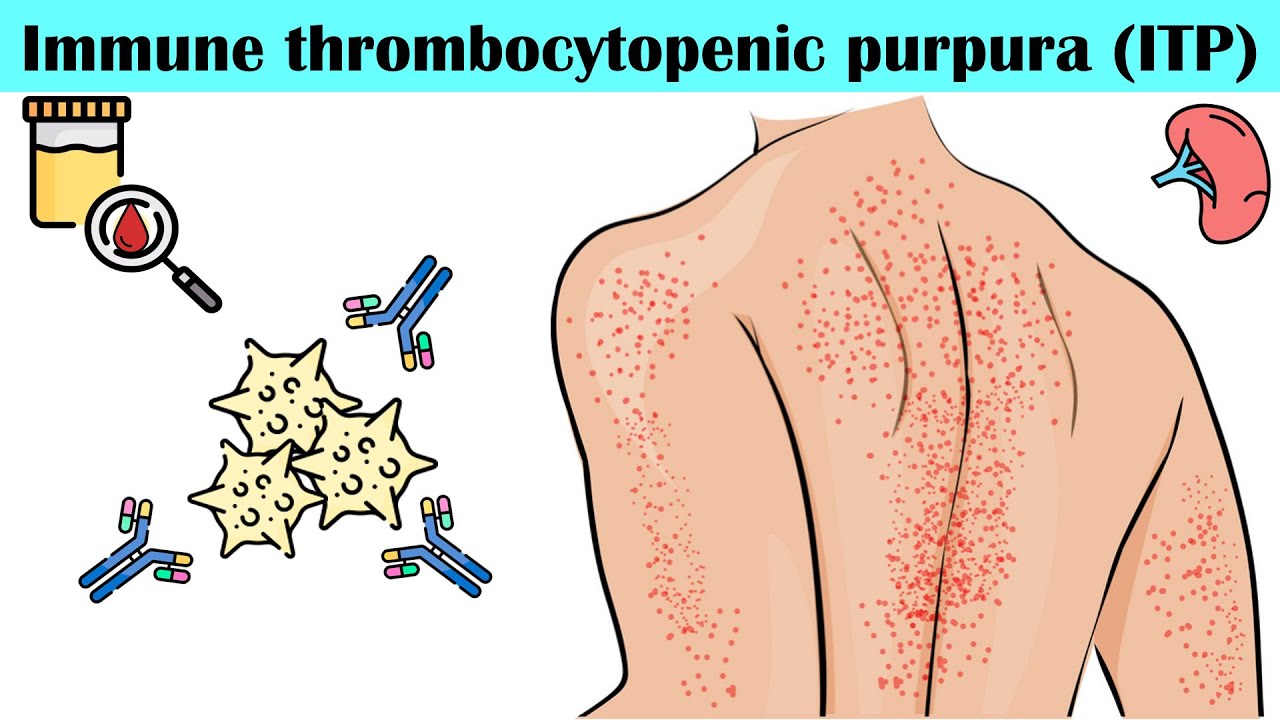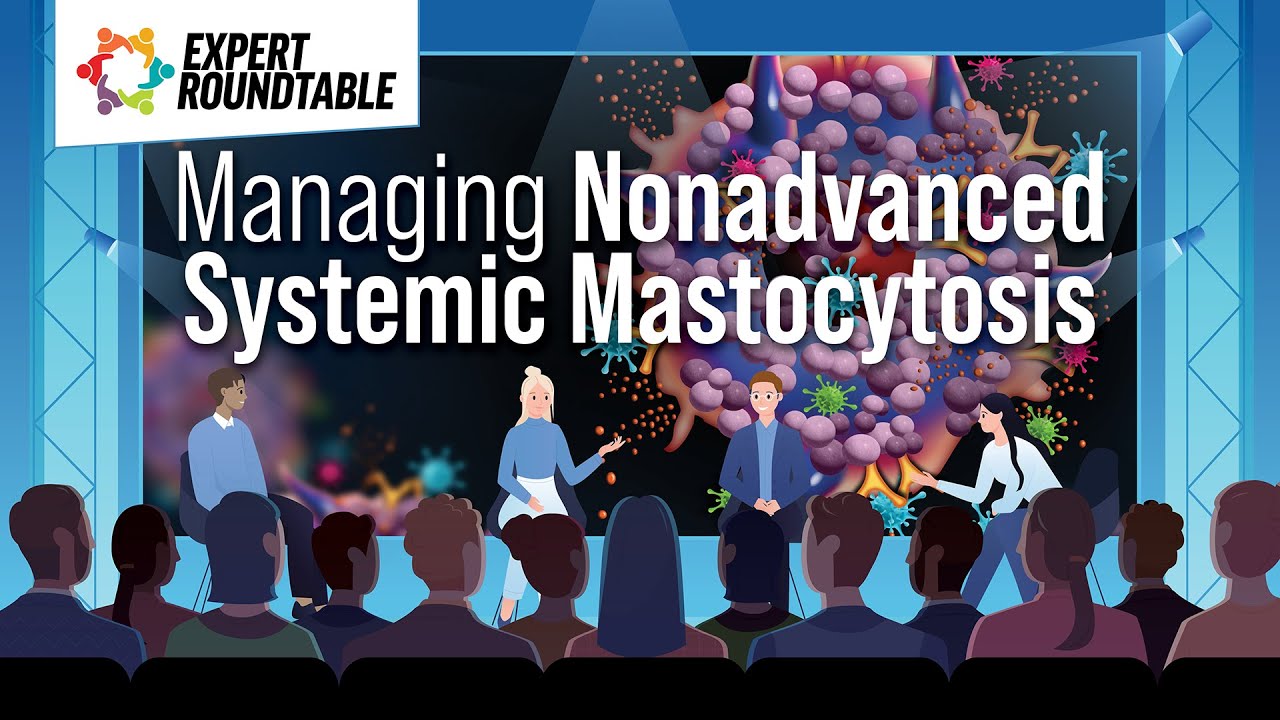NEW YORK (Reuters Health) – Rituximab (Rituxan) has been implicated in 57 cases of progressive multifocal leukoencephalopathy (PML) in HIV-negative patients diagnosed with hematologic malignancies or autoimmune diseases, since the drug was approved by the US Food and Drug Administration in 1997 until the end of 2008.
As reported in the May 14 issue of Blood, the case-fatality rate has been 90%.
Rituximab is an anti-CD20 monoclonal antibody that targets B cells, initially approved for treatment of lymphoma. PML, senior author Dr. Charles L. Bennett and his associates explain, is a rare demyelinating disease caused by reactivation of latent JC polyoma virus that affects patients with reduced cellular immunity.
To determine the epidemiology of rituximab-associated PML, Dr. Bennett, at Northwestern University Feinberg School of Medicine in Chicago, and his group reviewed cases identified by the FDA, the manufacturer, physicians, and a literature review.
Among the 57 identified cases, the underlying conditions were B-cell lymphoproliferative disorders in 52 patients, systemic lupus erythematosus in two, and one patient each with rheumatoid arthritis, autoimmune pancytopenia, and immune thrombocytopenic purpura. All had been treated with immune function-altering medications, including alkylating agents, steroids, purine analogs, or anti-rejection drugs.








